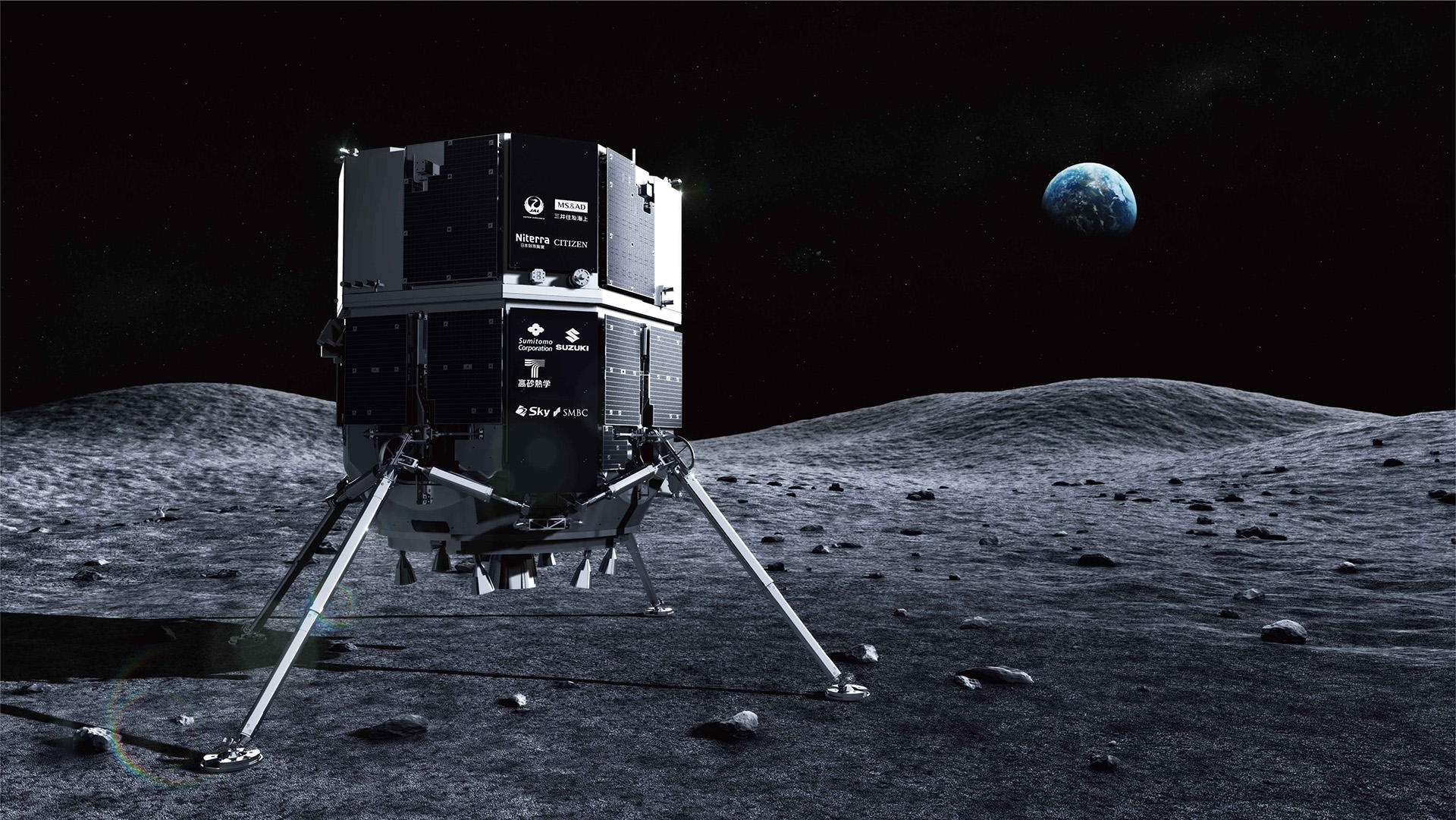Space Start-Up Investment Sees Third-Quarter Growth

Investment in space start-ups sees growth in third quarter for first time in more than a year as investors look for safe bets
Worldwide investments in space start-ups saw a rise in the third quarter for the first time in more than a year, following a months-long slump that bottomed out in a flat second quarter.
The figures indicate that investors may be looking for start-ups with government contracts as a relatively safe bet under challenging economic conditions.
During the July to September period investment rose by 17 percent to $3 billion (£2.47bn) for 103 companies, venture capital firm Space Capital said in a Monday report.
“It has long been the view that defense tech is a bad fit for venture dollars, but the challenging economic climate is proving that companies which can secure government contracts are best positioned to maintain growth,” the report said.

Infrastructure
Start-up Axiom Space raised some $350m, while Sierra Space brought in $290m.
The funding has been led by the infrastructure sector so far this year, with nearly three-quarters of the $11.6bn in investments to date, Space Capital said.
It acknowledged a sustained recovery remained complicated by rising interest rates and continued inflation.
“Despite continued headwinds in financial markets, the world is waking up to the importance of space-based technologies,” Space Capital said.
Private-sector growth
Private companies have been on the rise in the sector in recent years, with SpaceX delivering astronauts to the International Space Station and launching thousands of Starlink broadband satellites into orbit.
On 6 October Amazon’s Project Kuiper launched its first two broadband satellites into orbit in the beginning of the companyu’s challenge to Starlink, while Jeff Bezos’ Blue Origin and Virgin Galactic have both taken civilians on flights into space.
In April private Japanese company iSpace attempted to land a probe on the Moon, but the mission ended in failure.